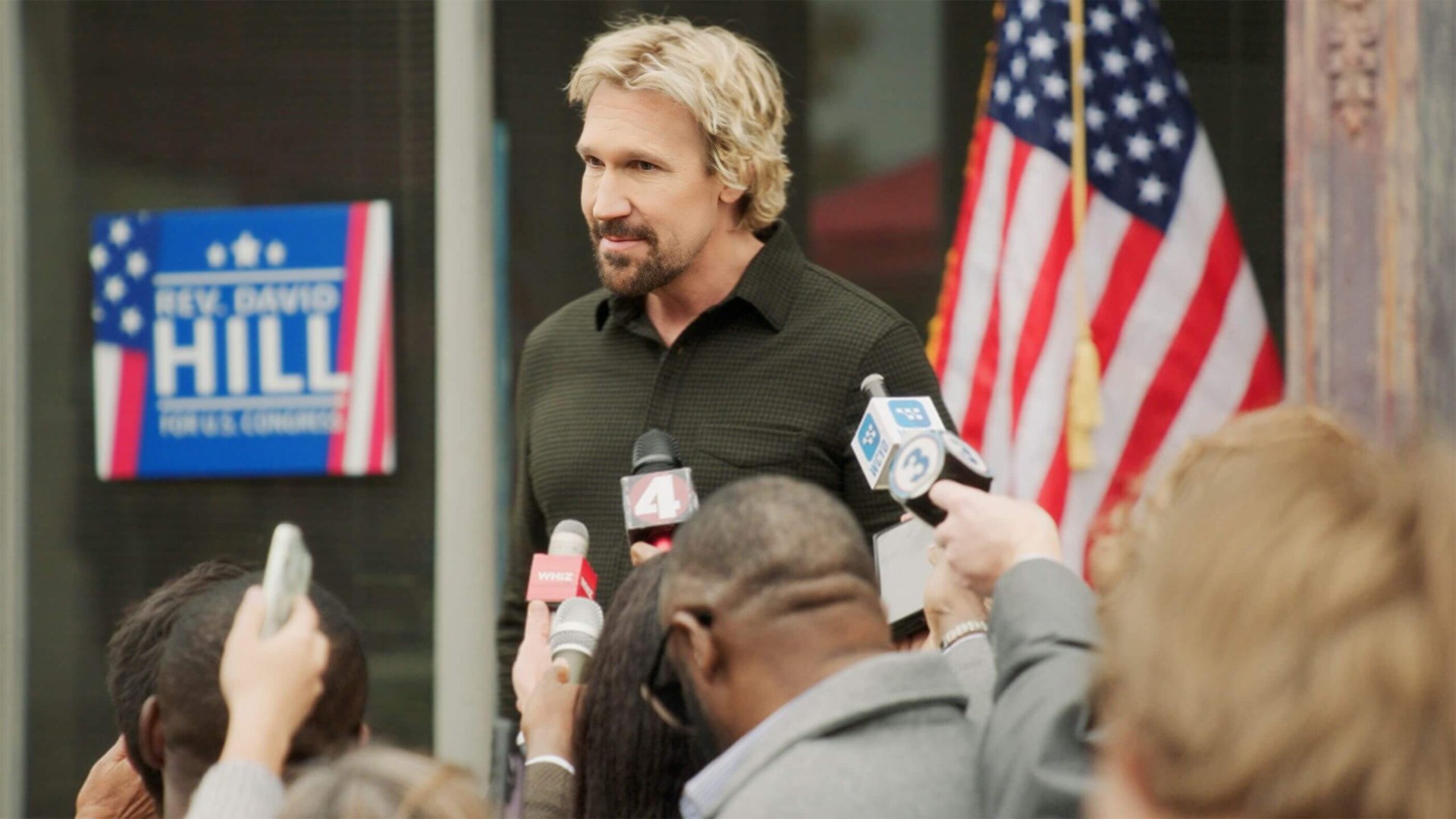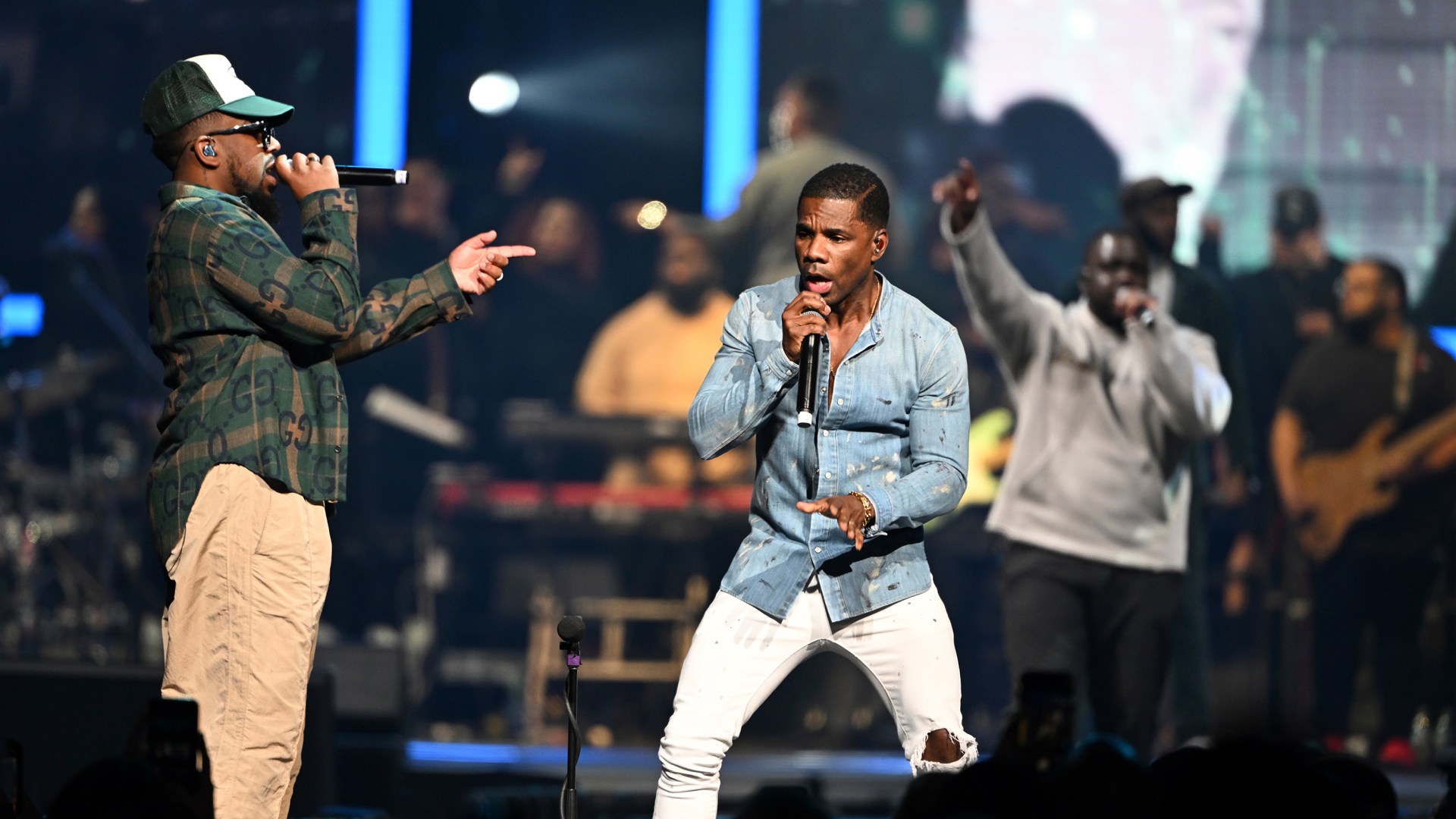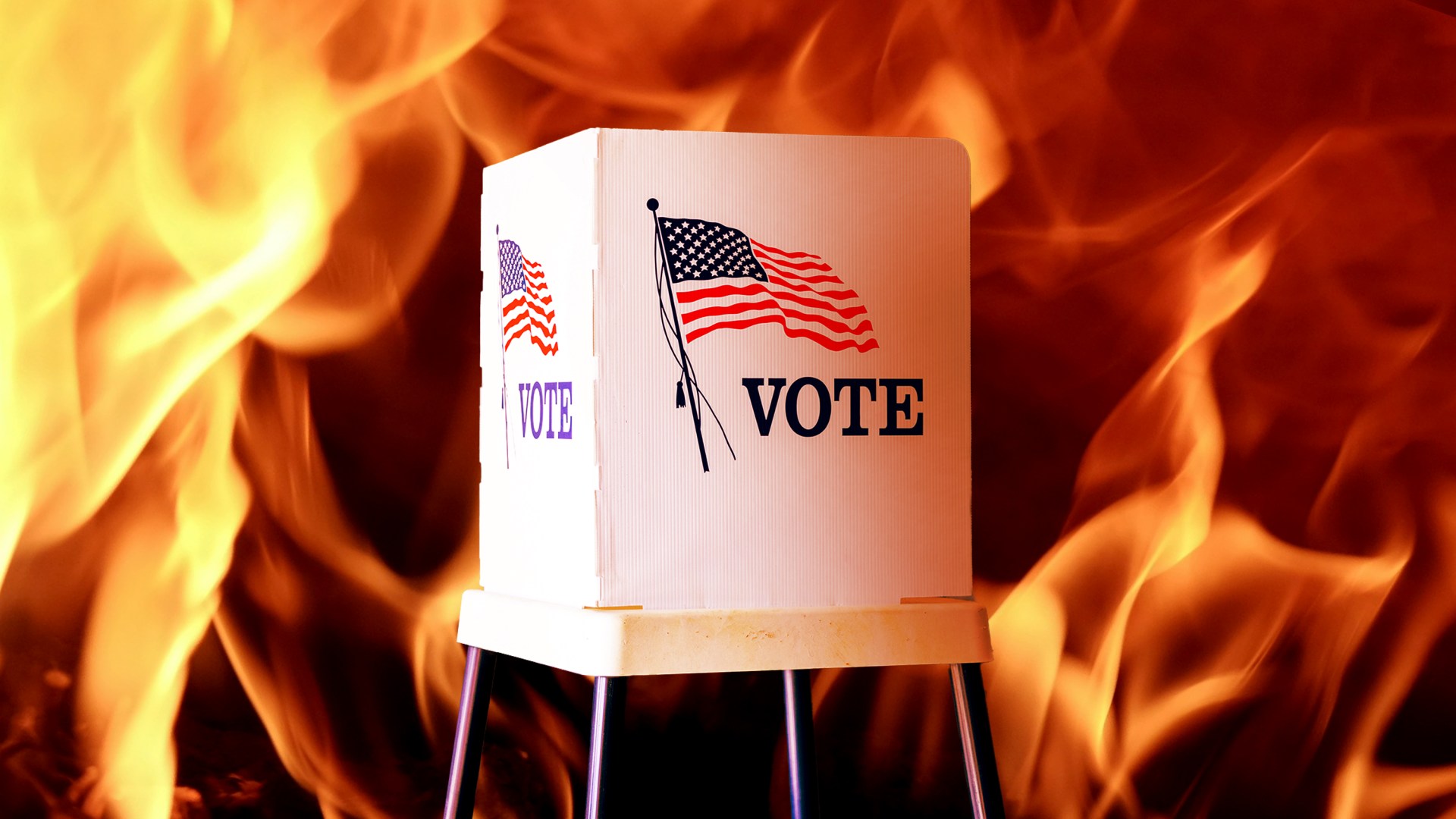Great to Good
Jae Hoon Lee (IVP)
Highly driven performers and organizational leaders often speak of making the leap from good to great. As his book title suggests, Korean pastor Jae Hoon Lee believes the church (and individual Christians) should invert that mindset, pursuing Christlike character rather than earthly power and glory. “Jesus referred to himself as a good shepherd, not a great one,” writes Lee, whose reflections draw upon his Korean church context. “He attributed his accomplishments to God, not to himself. After all, God was the One who raised him up. So, the church should follow his example of humility, service, and meekness instead of trying to elevate itself unnecessarily.”
Nearing a Far God
Leslie Leyland Fields (NavPress)
The Psalms, as believers have long affirmed, furnish language for pouring out our whole hearts in prayer. Writer Leslie Leyland Fields builds on this foundation in Nearing a Far God, showing how these sacred poems help us compose our own cries of sorrow and joy, praise and lament. “We’re not rewriting Scripture,” Fields cautions about her book, which includes a series of writing and prayer exercises. “The Psalms cannot rewrite us if we are rewriting the Psalms. Instead, we are allowing the Psalms to teach us to pray, to guide our own words and emotions as we seek God’s face, and to lead us to listen more closely to the response of his Word.”
A New and Ancient Evangelism
Judith Paulsen (Baker Academic)
One can understand why nonbelievers might be queasy about the idea of evangelism. But similar attitudes run surprisingly deep in Christian circles, as evangelism professor Judith Paulsen reports in this book. Paulsen, who teaches at Wycliffe College in Toronto, looks to New Testament conversion stories for guidance on repairing the reputation and reviving the practice of sharing the gospel. By “delving deeply” into these stories, she hopes “the church in the West can again learn ancient wisdom about how God draws people to himself and how, empowered by the Holy Spirit, we as the people of God can be his instruments in that great venture.”























































